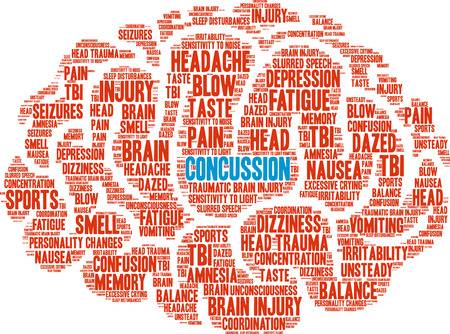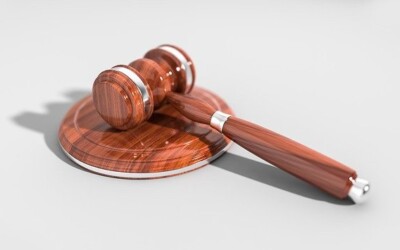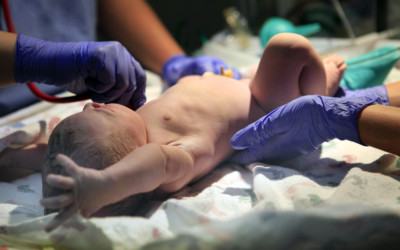What Are the Lasting Effects of Sustaining a Concussion?

Concussions are very common injuries.
In Nova Scotia, we typically see concussion related cases resulting from car accidents, bike accidents, and falls.
Make no mistake: a concussion is a type of traumatic brain injury.
Even a relatively minor bump can result in long-lasting impacts. For some people, concussions can have life-altering effects.
Because most concussions won’t show up on imaging, and aren’t objectively “provable”. Historically, it has been frustrating for concussion victims suffering from long-lasting, sometimes disabling, symptoms. When symptoms are dismissed by employers, family doctors, and insurance companies it is very upsetting. Some even experiencing family members questioning the severity of their concussive symptoms.
By condition, we believe that if an injury doesn’t show up in a test or medical image, then it doesn’t exist. Fortunately, science is catching up!
How can a “minor” concussion result in “major” symptoms?
Damage doesn’t always appear in medical imaging, however, medical professionals agree that concussions result in a degree of organic brain damage. This brain damage will often come in the form of a “diffuse axonal injury”.
A diffuse axonal injury is caused by traumatic shearing forces. These forces occur when the head is quickly accelerated or decelerated in car accidents and falls. This force can result in axonal injury. Meaning that numerous micro-tears and swollen areas on nerve tracks disrupt the messages the nerve cells send back and forth.
This can cause permanent damage to the axons. The axons are the long stringing part of the neuron’s that interconnect neuron’s with each other.
Today’s research into neuropathology indicates that significant regeneration of damaged neural connections can occur. However, the regenerated neural connections are less efficient than such connections are naturally. This helps explain why a concussion can result in a permanent deficiency.
What are the concussion symptoms?
Due to the complexity of the brain and that neural connections regenerate differently for everyone, concussion symptoms vary both in type and severity. Some of the most common symptoms people experience are:
- Loss of memory
- Fatigue
- Loss of concentration
- Dizziness
- Headaches
- Sensitivity to light and sound.
- Many people also experience personality changes; they may become irritable, anxious or depressed.
How is post-concussion syndrome treated?
There is no single treatment for post-concussion syndrome. Instead, doctors treat the symptoms, tailoring the treatment plan to the patient. Treatments can include medications for headaches and anxiety. Cognitive therapy for memory loss and concentration issues and psychotherapy for depression and other behavioural changes.
If you or a loved one are struggling with a concussion or traumatic brain injury, we can help. Please don’t hesitate to reach out to our experienced brain injury lawyers for a free consultation.






















